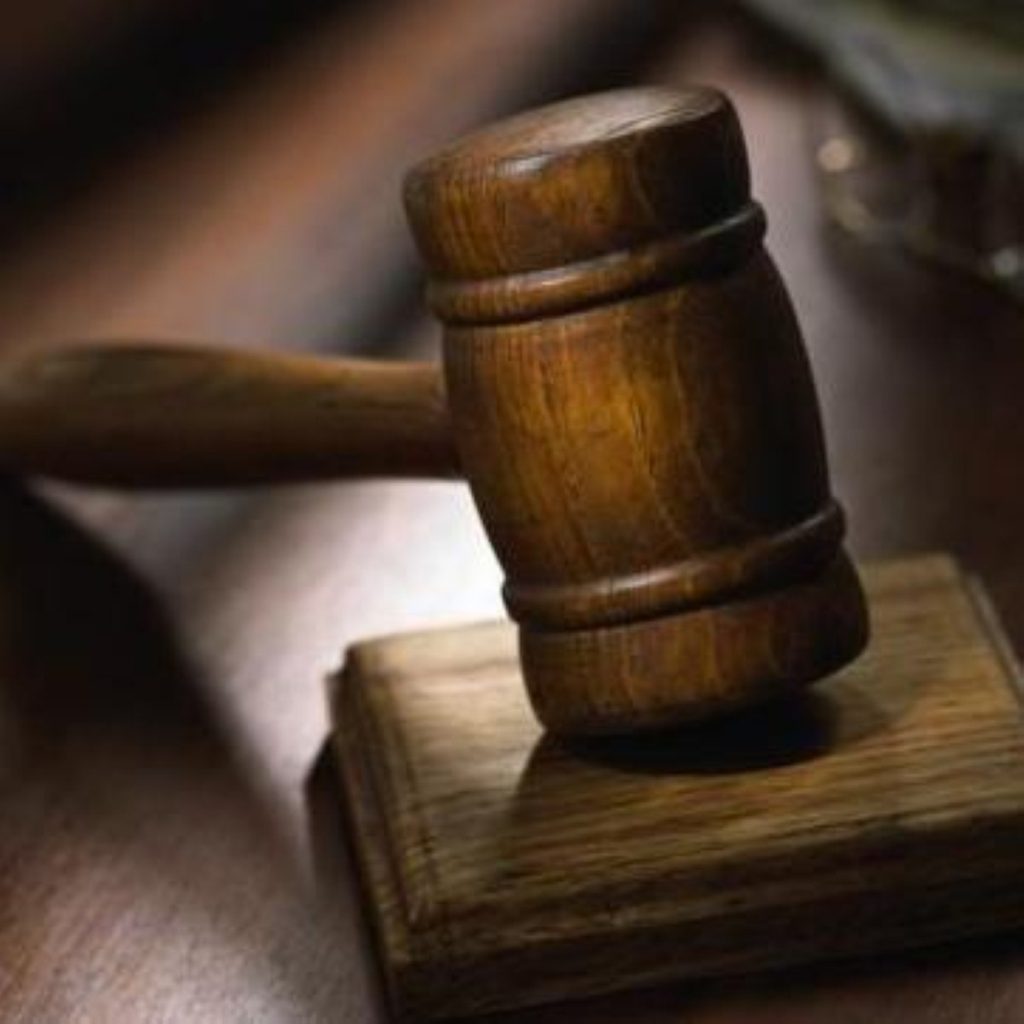Clamp down on criminals freed on technicalities
Laws to stop judges being able to free criminals on technicalities will be unveiled by the government today.
The changes, which will close ‘legal loopholes’ allowing suspects to be freed, come as part of the home secretary’s drive to “rebalance criminal justice in favour of victims”.
Examples of these ‘loopholes’ include police failing to read suspects their rights, accusations of judges misleading the jury in the summing up process, or the use of illegally obtained recordings as evidence.
Under the laws, outlined in a Home Office consultation paper from John Reid, the lord chancellor Lord Falconer and attorney general Lord Goldsmith, the court of appeal will no longer be able to overturn convictions even if there have been mistakes in the conduct of the case that could have led to an unfair trial.


The paper states: “The government wants to ensure that, where the court of appeal are of the view that a conviction is, in the normal sense of the word ‘safe’, it should not be possible to quash it.
“The government acknowledges that the court of appeal are not in the same position as the jury and may not always be able to form a view on whether the appellant committed the offence.
“However, where they have formed such a view the government believes they should not be empowered to allow the appeal.”
At present, judges will only quash convictions if they believe there was a serious flaw in the conduct of the trial, and will not do so simply because of a procedural irregularity. They do not take their views of the defendant’s innocence or guilt into account at this stage.
John Reid wrote in the foreword to the paper: “Whilst the government is open to suggestions about how we achieve the aims, we are not consulting on the aims themselves or on whether the law should be changed.
“It is our firm view that the present system risks outcomes which are unacceptable to the law-abiding majority.”
He said the government was “committed to rebalancing the criminal justice system in favour of victims and the law-abiding majority,” adding: “It is not right or in the interests of justice that offenders can go free where there is clear evidence of guilt simply because of errors in the process.”
Attorney general Lord Goldsmith insisted that although “a fair and effective appeal court is an essential element of our criminal justice system,” he added: “But the appeal system must also deliver justice for victims, and the public need to have confidence in it.
“This consultation paper provides an opportunity to amend the current appeal system so that it strikes the right balance. I look forward to seeing the results of the consultation.”
Shadow home secretary David Davis said: “It’s all very well for John Reid to say he is going to close these loopholes but it is his government that has created many of them.
“Labour’s obsession simply to grab headlines has resulted in hastily thought through legislation. This has led to the negative consequences that we see today. Too many new laws have created too many loopholes.”
Today’s consultation is the first of a series of criminal justice reforms.









